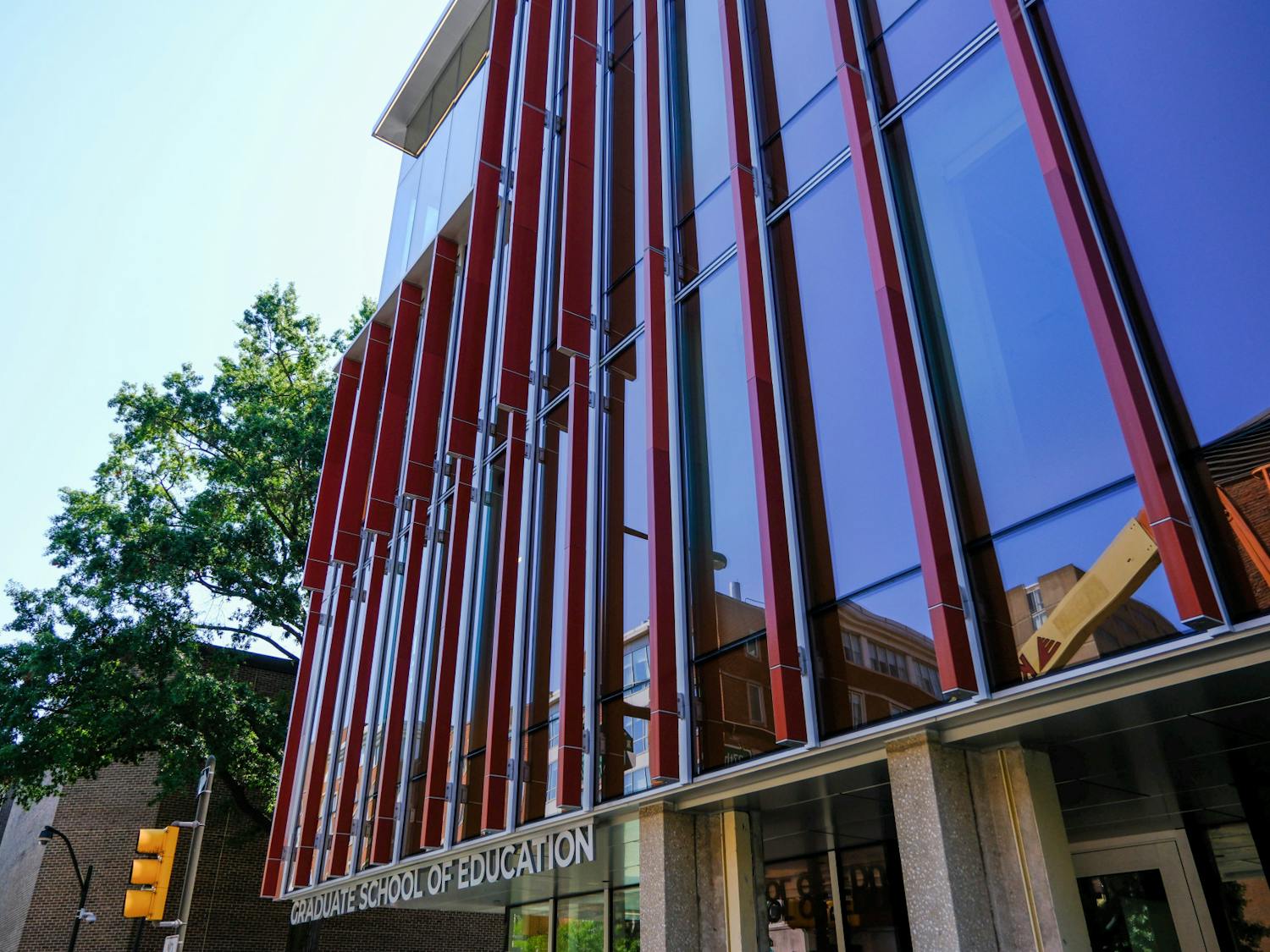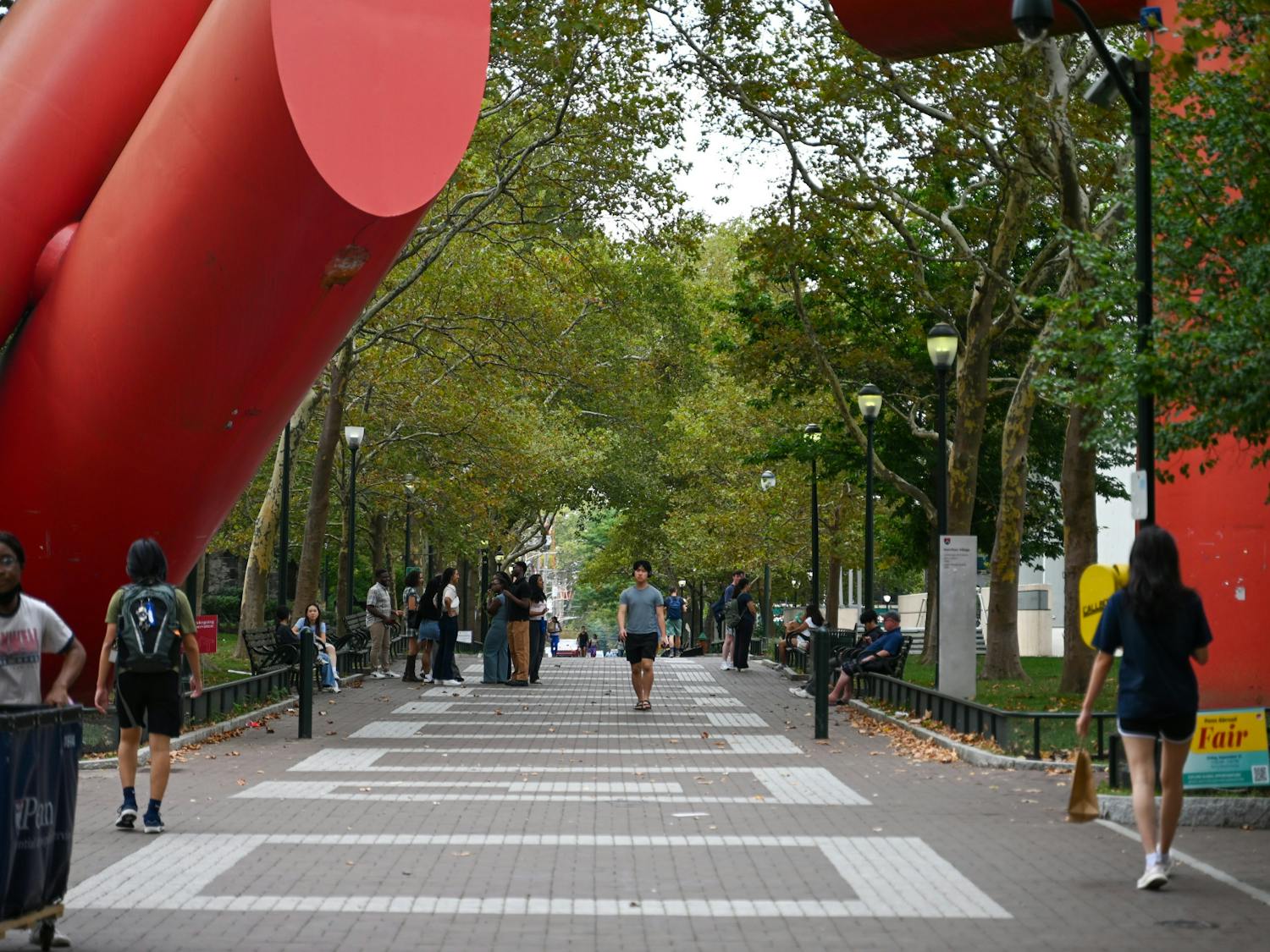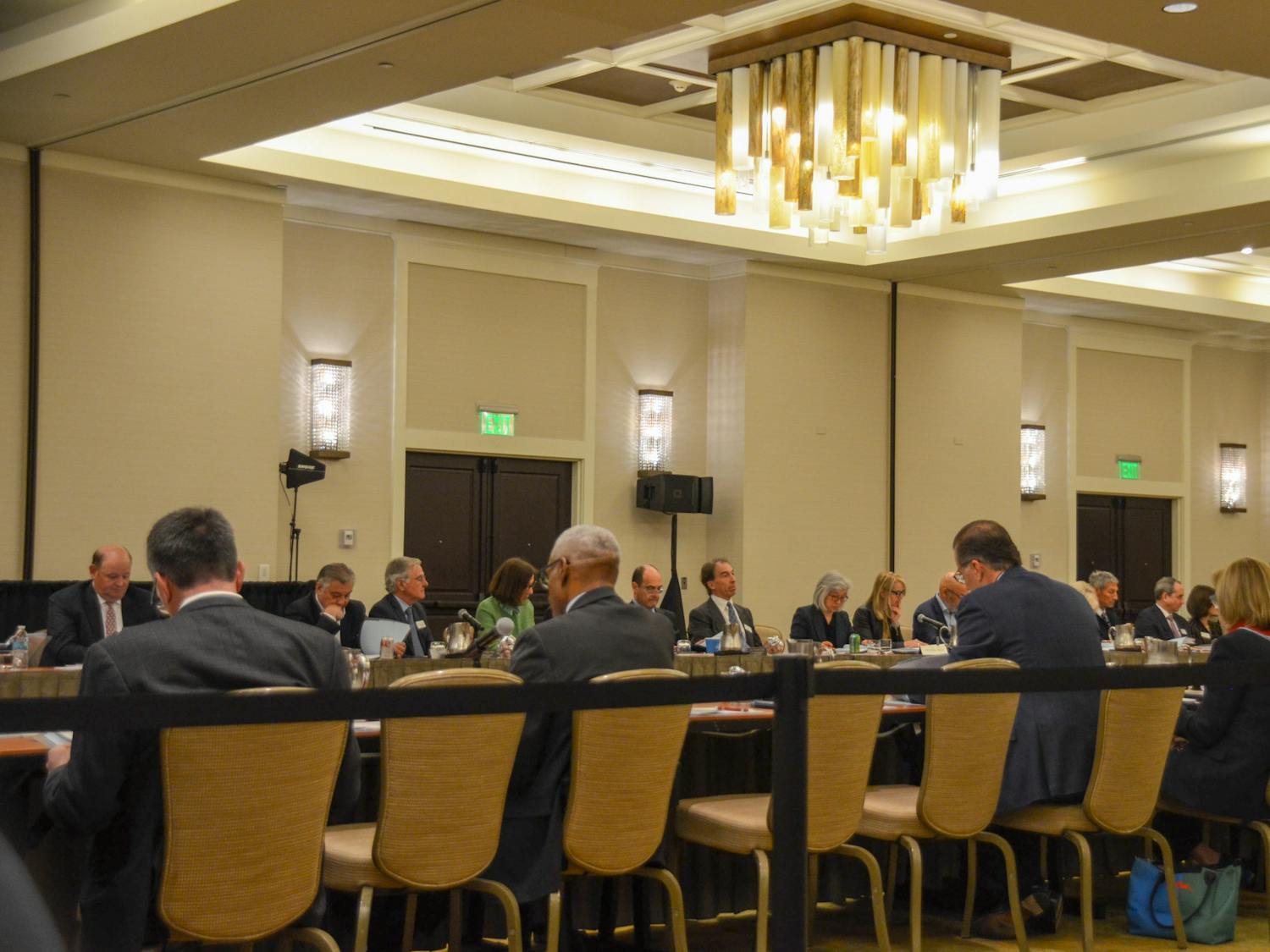Washington state is having a serious crisis in higher education, according to two Penn researchers.
Graduate School of Education professors Joni Finney and Laura Perna — who have been studying public higher education in five states over the past two years — found in a report released earlier this month that a lack of efficient leadership and policy are causing prices to soar at institutions throughout Washington.
The report is part of a larger research project that is being funded by the National Center for Public Policy and Higher Education.
In their recent findings, Finney and Perna argued that a lack of competent leadership in Washington’s legislature has enabled the state’s largest research universities to hold too much sway over education policy.
“When you have that kind of imbalance of power, winner takes all,” Finney said, explaining that the power of large research universities can weaken state authority.
They believe that the state needs to produce more bachelor’s degrees and make the transition from community colleges to four-year colleges more accessible for students.
“From a student perspective, I think an issue would be the affordability of college,” Perna said.
The large control that institutions have over tuition and other costs is becoming problematic for some public university students in Washington.
“I personally think it’s really expensive and so do my parents,” said Christine Yoo, an out-of-state freshman who attends the University of Washington. “My brother goes to a private school on the East Coast and I’m in a public school, but I’m paying the same amount as him for tuition.”
Perna and Finney are working not only to discover what is causing the lack of bachelor’s degrees in the state, but also to suggest what can be done to correct the situation in the future.
The government “needs to have a long-term plan that is realistic,” Finney said.
Today’s economic and policy problems stem from poor planning that took place in the 1990s, Finney said, when Washington’s government opted for more state university branches in place of community colleges.
“If you only plan for good times and your plan doesn’t work when you hit fiscal difficulties, it’s really not a good plan,” Finney said.
The researchers also found that as long as the institutions have the power, they will continue to serve their own interests, Perna said.
“I think the challenge for the state will be to find some entity that will help really pay attention to the public agenda and the public good aspects of higher education,” Perna added. “For Washington, the issue has been to take these many plans and really move them toward their implementation.”








